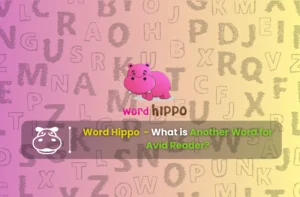
It is quite obvious that you must have also wondered if there is another word for Avid Reader. So, these are a few words for an avid reader that I alte-
I believe expressing love in different languages can be a really beautiful way to connect or attract your partner.
I mean, if you are looking to add a little Spanish flair to your romantic expressions, I would say you are at the right page :p.
I think Spanish is a language full of passion, and this way I am sure it adds a layer of warmth and affection to any relationship.
I have seen in many movies and noticed with my fellow Spanish university mates how expressing love is an essential part of daily life in Spanish-speaking cultures.
So, keep reading where I will talk more about the variations, using terms, context and proper translation of How to say I Love You Baby in Spanish!
– te amo cariño
te amo bebe
I love you baby
te amo bebé
I love you baby
In Spain, I have noticed how romantic expressions are straightforward yet full of emotion. Many common phrases include “Te amo” and “Te quiero,” but I believe regional variations add a unique touch.
For example, in some parts of Spain, I have heard “Te quiero mucho, mi vida” (I love you very much, my life) or “Te adoro, mi cielo” (I adore you, my heaven).
I think Latin American countries have their own twists on romantic phrases. In Mexico, “Te amo, mi amor” (I love you, my love) is widely used, while in Argentina, I have heard “Te quiero, mi vida” (I love you, my life).
Also, read: Wordhippo: How to Say Good Afternoon in Spanish
I believe understanding the variety of different terms of these can help in choosing the right phrase for the moment.
“Bebé” is an affectionate term I think is similar to “baby” in English, often used in romantic relationships.
“Cariño” is also a versatile term that I know means “darling” or “sweetheart,” suitable for various levels of intimacy. “Amor” translates to “love” and I think can be used to refer to someone you deeply care about.
Additional affectionate terms that I know include “mi cielo” (my heaven), “mi vida” (my life), and “mi corazón” (my heart).
I have seen people use these terms individually or combined with other phrases to express their feelings.
For example, “Te quiero, mi cielo” (I love you, my heaven) or “Eres mi vida, mi amor” (You are my life, my love) are beautiful ways to convey your affection.
I think it is quite important to consider when to use these romantic phrases. In formal situations, such as public events or family gatherings, I believe it’s best to keep expressions of love simple and respectful.
Phrases like “Te quiero mucho” (I love you very much) or “Eres muy especial para mí” (You are very special to me) are appropriate.
In more intimate settings, I would say you can feel free to use more passionate phrases like “Te amo, mi amor.”
I believe the way you express love can also differ in written and spoken forms. In texts or letters, I use phrases like “Te extraño, mi bebé” (I miss you, my baby) or “No puedo esperar para verte” (I can’t wait to see you).
I think the spoken expressions can be more emotionally charged, such as whispering “Te amo” in your partner’s ear or saying “Eres todo para mí” (You are everything to me) during a heartfelt conversation.
Once again, I think romantic phrases like I Love You Baby in Spanish can add a beautiful meaning to your relationship. I am sure practicing “Te amo, bebé” or “Te quiero, cariño,” expressions show your partner that you care enough to learn their language and speak from the heart.
Also, read Wordhippo: How to Say Good Afternoon in Spanish, here.
I think “Te amo” is the most direct and intimate way.
Yes, I am sure “Te quiero” is a less intense but affectionate way to say it.
I usually use “Bebé” is the Spanish word for baby.
Yes, as said above, I believe many expressions vary across Spanish-speaking regions.
Get our most valuable tips right inside your inbox, once per month!

It is quite obvious that you must have also wondered if there is another word for Avid Reader. So, these are a few words for an avid reader that I alte-
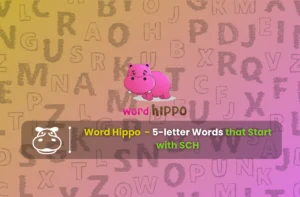
So, keep reading where I will talk more about the 5-letter words that start with SCH
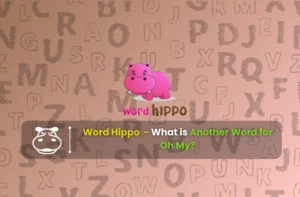
These are another word for Oh my that I personally use and a few sentences that I use these terms in:
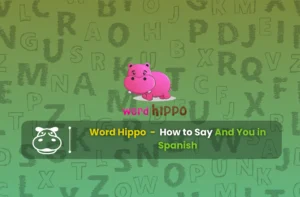
If you are looking to know how to say and you in Spanish, this is what you have to check out! I think it is quite important to know the difference-
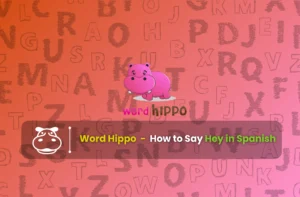
If you are wondering how to say hey in Spanish, this post is for you! I am sure each slang has its flavor and context.
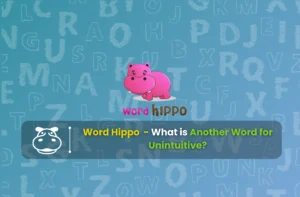
Now this is a list of another word for unintuitive which I think can really spice up your vocabulary. I use these for explaining complex ideas, writing-